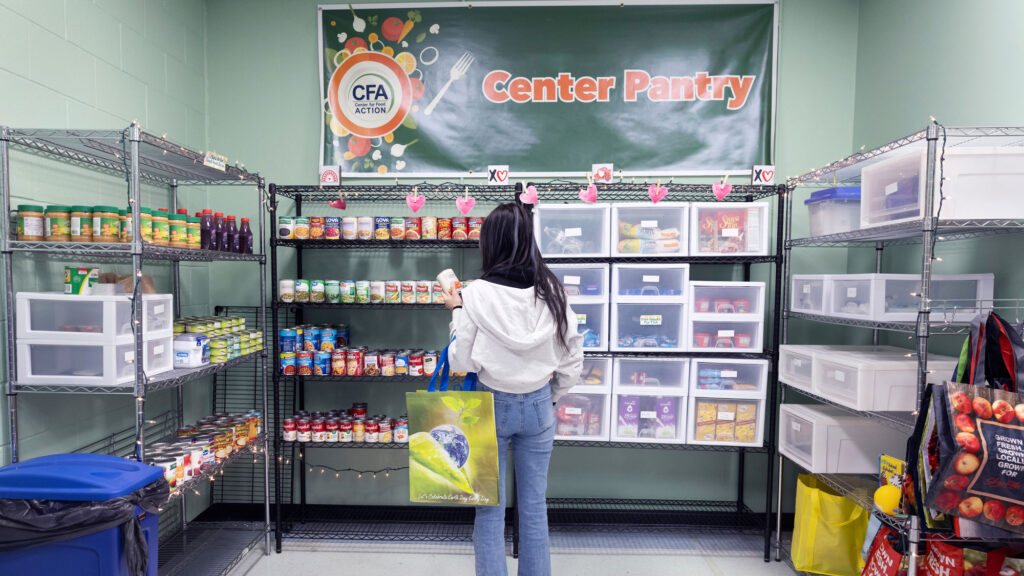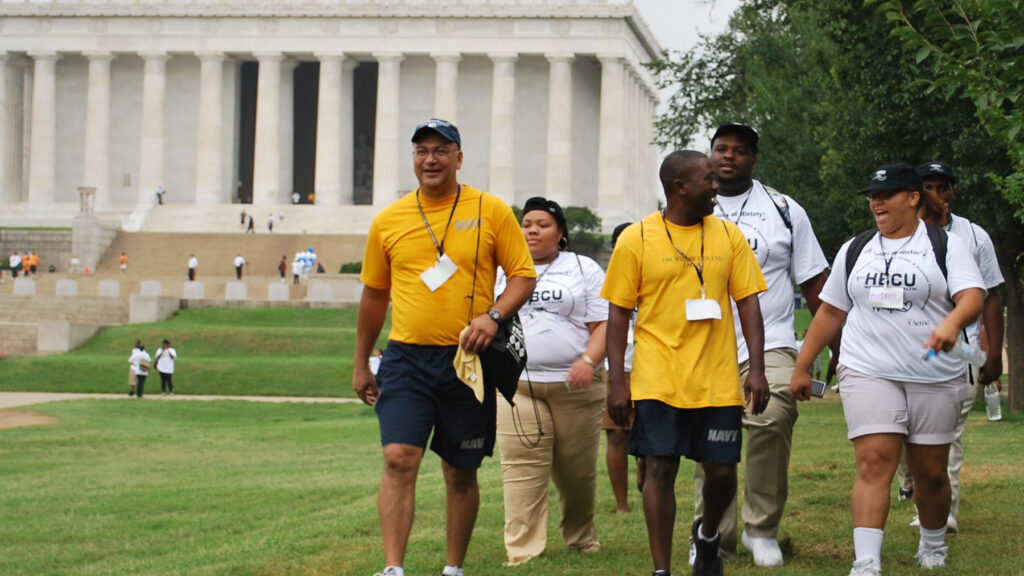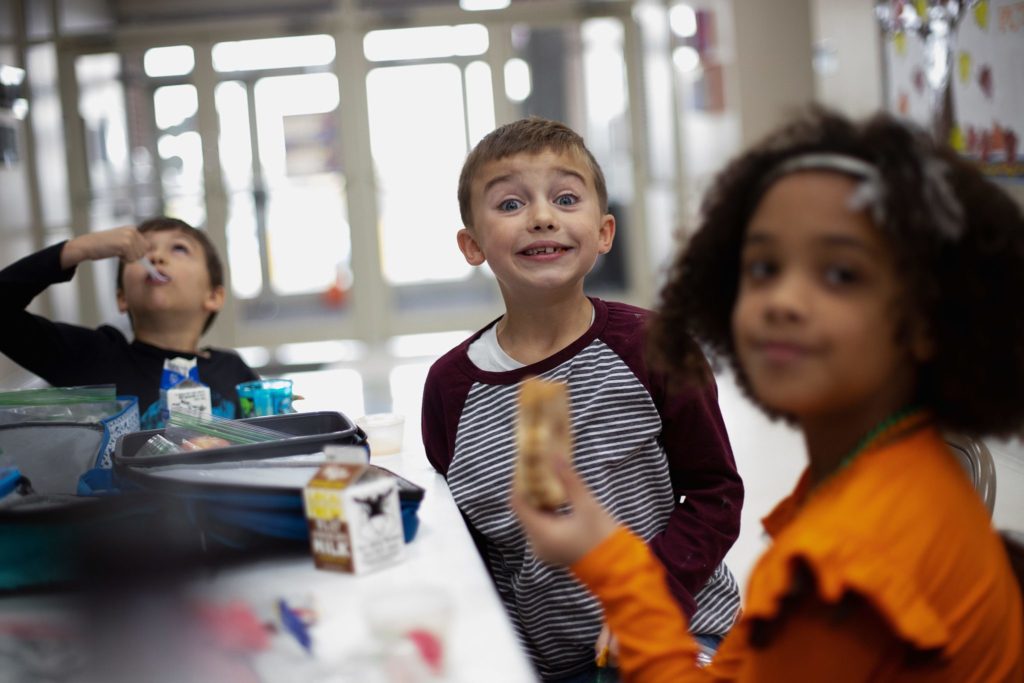In the richest nation on Earth, no child should ever go to bed hungry — yet millions do. And I was one of them.
My mom raised four kids with the help of programs like housing assistance, Medicaid, WIC (Women, Infants, and Children) and SNAP (Supplemental Nutrition Assistance Program). SNAP wasn’t just a benefit; it was our lifeline. Without it, our family simply would not have eaten. My mother often skipped meals so that her two growing boys and two girls could have enough. With less than $300 a month to feed all five of us, and sometimes far less, every dollar was stretched until it, well, snapped.
I remember my mom and Nana driving to five or six grocery stores just to find the cheapest milk, eggs, and bread. I hated those long hunts, but they mattered — because when the math didn’t add up, our stomachs reminded us. In those moments, my mom became a budget expert, strategist, and miracle worker. SNAP kept us from starving; but it didn’t mean we were ever full. It meant we survived.
Because of that assistance, I also qualified for free and reduced-price lunch at school. That meant a hot breakfast — if I got there early enough, and my mom made sure I did. Still, after a full day of school, sports, and just growing like a weed, I was often hungry again.
On those hunger-filled nights, my Nana would put my siblings and me to bed early, saying, “You can’t be hungry if you’re sleeping.” She was wrong. Prayer was a big part of our household; and on those nights when I couldn’t sleep, I prayed for more food.
SNAP wasn’t a hunger-free program, but it kept us alive. Oftentimes, my mother even skipped meals so that her two growing boys and two girls could have enough. And when it didn’t go far enough, my mom and Nana turned to food banks and church pantries. My parents didn’t know the science behind it, but they knew hungry kids can’t learn. For them, education was the ticket out of poverty.
That’s why what we are seeing unfold now is so personal and so unacceptable.
The government shutdown has dragged on and on — with no end in sight. Now, USDA has decided to withhold November SNAP benefits, despite having the funding as well as the authority, by their own admission, to issue them. This will be the first time that SNAP benefits will not be paid out during a government shutdown.
Around 42 million Americans rely on SNAP. When benefits evaporate, it negatively impacts children, seniors, veterans, and working families alike. I have lived through what happens when food security vanishes. Even as a high school valedictorian and first-generation college student working multiple jobs, I still needed SNAP. Poverty doesn’t disappear because you’re a top student. SNAP kept me afloat long enough to see my academic achievement could lead to a brighter future.
Wagering food benefits should never be necessary in a country that claims to champion opportunity, especially under an administration that touts family values and urges women to have more children. But what about the mothers who can’t feed those children without help? What about the kids who go to bed hungry every night? What about the students who can’t concentrate in class because their heads and bellies ache from missed meals? One in 6 students suffer from food insecurity and, according to No Kid Hungry, 60% of kids from low-income backgrounds come to school hungry. With free and reduced-lunch programs in decline, and cuts to SNAP access for millions (thanks to the One Big Beautiful Bill Act), and a federal budget proposal from the administration that threatens to cut programs that provide access to meals, where are hungry students supposed to go for food? If kids can’t eat, they can’t learn. They can’t focus. They get sick more easily. Their potential shrinks as their hunger grows. How does this make America great?
Hunger is not inevitable. Letting children and their families go hungry is a policy choice.
Under this shutdown, pain has become the guiding principle — and maximizing suffering seems to be the goal. And not a single state is immune from losing SNAP benefits. Lawsuits against the Trump administration by 25 states and the District of Columbia argue that halting SNAP is arbitrary, capricious, and contrary to law.
With the shutdown barreling on, drastic measures are being taken to protect families most at risk. In Atlanta, for example, Pastor Jamal Bryant is asking parishioners to bring food instead of tithes on Sunday. This Halloween, some are even asking for canned goods instead of candy to be given out to children who may not have a meal after November 1st. Food banks are overwhelmed, and there’s no way they can fill the void. Even fundraisers, like a coffee shop in Portland, Oregon, that has raised $200,000 to feed hungry families and offers free breakfast to SNAP recipients, are not enough. These are real stories of local communities stepping up to help their neighbors. But feeding Americans shouldn’t rely on the work of charity; this is the purpose of federal government — to take care of its constituents. But rather than directing people to helpful resources, they are posting hateful, snarky, and erroneous messages that allude to immigrants getting healthcare and kids undergoing genital mutilation.
If kids can’t eat, they can’t learn. They can’t focus. They get sick more easily. Their potential shrinks as their hunger grows. Families I grew up with, families like mine, are staring now at a November (and beyond) without food assistance — spending a Thanksgiving, which is supposed to celebrate abundance, with nothing around the table but the growls of hungry stomachs. They will be forced to make impossible choices: dinner or heat, lights or hunger, rent or groceries.
America can do better because I have seen what happens when we don’t. And I refuse to accept that our children’s futures should depend on political brinkmanship and the unyielding partisanship of an administration that is hellbent on making America’s poorest communities starve while providing tax breaks and gimmes to the rich.






